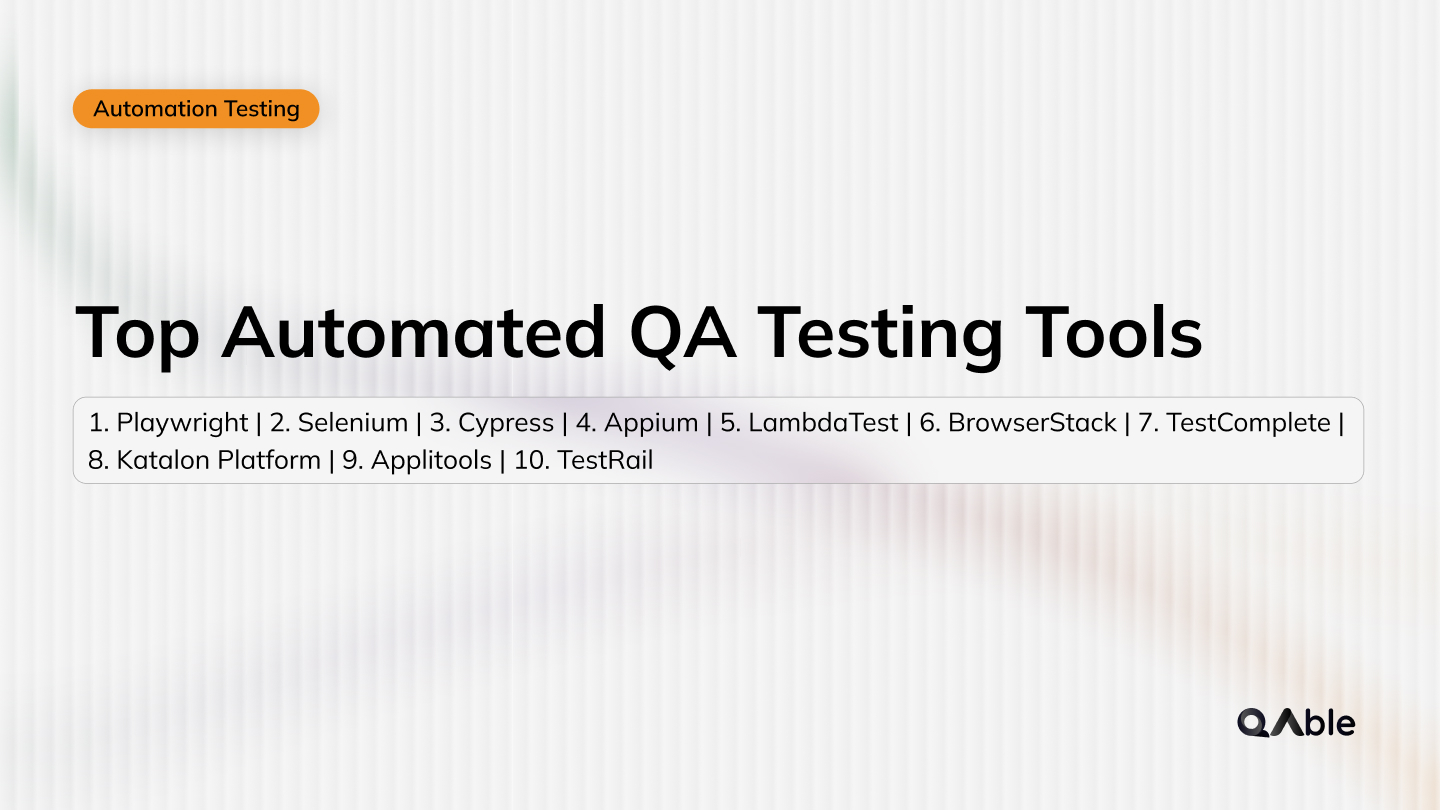Table of content
SHARE THIS ARTICLE
Is this blog hitting the mark?
Contact Us
Table of Content
- What is System Testing in Software Testing?
- Why is System Testing Important?
- What are the Different Kinds of System Testing in Software Testing?
- What are the Examples of System Testing in Software Testing?
- How Can We Help You with System Testing?
In this blog post, we will share with you some insights and tips on system testing, one of the most important and essential types of software testing.
What is System Testing in Software Testing?
System testing is a form of software testing that assesses the overall behavior and efficiency of a software solution that is fully developed and integrated. It checks if the system conforms to the defined criteria and if it is ready to be deployed to the final users. System testing is usually performed by a professional testing team that is independent of the development team.
System testing is different from unit testing and integration testing, which are done at lower levels of the software development life cycle. Unit testing focuses on testing individual components or modules of the software, while integration testing focuses on testing the interactions and interfaces between the components or modules. System testing, on the other hand, focuses on testing the entire system as a whole, as well as its compatibility with the intended environment and other systems.
Why is System Testing Important?
System testing is important because it helps to ensure that the software product or application is ready for deployment and use. System testing helps to verify that the software product or application meets the customer's expectations and requirements, and that it delivers the desired functionality and performance. System testing also helps to identify and fix any defects or bugs in the software product or application before it is released to the market, thus saving time, money, and reputation.
System testing is also important because it helps to evaluate the quality and reliability of the software product or application. System testing helps to measure the speed, scalability, stability, and security of the software product or application, and to ensure that it can handle the expected load and stress. System testing also helps to ensure that the software product or application is compatible with the intended environment and other systems, and that it does not cause any adverse effects or conflicts.
What are the Different Kinds of System Testing in Software Testing?
There are many types of system testing, each with its own objectives, techniques, and tools. Some of the common types of system testing are:
Performance Testing
Performance testing is done to measure the speed, scalability, stability, and reliability of the software product or application. Performance testing helps to determine how the software product or application responds to various levels of load, stress, and concurrency, and how it handles errors and failures. Performance testing also helps to identify and eliminate any performance bottlenecks or issues in the software product or application.
Load Testing
Load testing is a subset of performance testing that is done to determine the behavior of the system or software product under extreme load. Load testing helps to simulate the real-world scenarios and conditions that the software product or application will face when it is deployed and used by the end-users. Load testing also helps to determine the maximum capacity and throughput of the software product or application, and to ensure that it can handle the expected peak load without compromising the quality or performance.
Security Testing
Security testing is done to ensure that the software product or application is secure and safe from any unauthorized access, manipulation, or attack. Security testing helps to verify that the software product or application follows the best practices and standards of security, and that it protects the data and information of the users and the system. Security testing also helps to identify and fix any vulnerabilities or weaknesses in the software product or application that could compromise its security or integrity.
Usability Testing
Usability testing is done to ensure that the software product or application is user-friendly and easy to use. Usability testing helps to evaluate the user interface, navigation, design, and functionality of the software product or application from the perspective of the end-users. Usability testing also helps to collect feedback and suggestions from the users on how to improve the user experience and satisfaction of the software product or application.
Compatibility Testing
Compatibility testing is done to ensure that the software product or application is compatible with the intended environment and other systems. Compatibility testing helps to verify that the software product or application works well with different operating systems, browsers, devices, hardware, software, and networks. Compatibility testing also helps to ensure that the software product or application does not cause any conflicts or issues with other systems or software products.
What are the Examples of System Testing in Software Testing?
Some examples of system testing in software testing are:
Testing a banking application for its functionality, security, and performance
The system testing team would check if the banking application can perform various transactions, such as deposits, withdrawals, transfers, payments, etc., without any errors or delays. The system testing team would also check if the banking application can protect the user's data and information from any unauthorized access or attack, and if it can handle a large number of concurrent users and requests without compromising the quality or performance.
Testing a video game for its graphics, sound, gameplay, and compatibility
The system testing team would check if the video game can deliver a realistic and immersive experience to the players, with high-quality graphics, sound, and animation. The system testing team would also check if the video game can run smoothly and stably on different devices, platforms, and configurations, and if it can support multiplayer and online modes without any glitches or issues.
Testing a web-based e-commerce platform
Testing a web-based e-commerce platform for its user interface, navigation, transactions, and load handling. The system testing team would check if the e-commerce platform can provide a user-friendly and intuitive interface and navigation to the customers, with clear and accurate information and images of the products and services. The system testing team would also check if the e-commerce platform can process various transactions, such as orders, payments, refunds, etc., without any errors or delays, and if it can handle a high volume of traffic and orders without compromising the quality or performance.
How Can We Help You with System Testing?
As you can see, system testing is a vital and complex type of software testing that requires a lot of expertise, experience, and resources. If you are looking for a reliable and quality software testing service provider, you have come to the right place.
We have a team of professional and skilled testers who can perform system testing for your software product or application, using the latest tools and techniques. We can help you to verify that your software product or application meets the specified requirements and expectations, and that it is ready for deployment and use. We can also help you to identify and fix any defects or bugs in your software product or application, and to improve its quality and reliability.
We can perform system testing for any type of software product or application, such as web applications, mobile applications, desktop applications, cloud applications, etc. We can also perform system testing for any type of system testing, such as performance testing, load testing, security testing, usability testing, compatibility testing, etc. We can also customize our system testing services according to your specific needs and preferences.
If you are interested in our system testing services, please contact us today. We will be happy to discuss your testing requirements and provide you with a free quote and a sample test report. We are confident that you will be satisfied with our system testing services and that you will choose us as your long-term testing partner.
Thank you for reading this blog post.
Discover More About QA Services
sales@qable.ioDelve deeper into the world of quality assurance (QA) services tailored to your industry needs. Have questions? We're here to listen and provide expert insights


Nishil Patel is the Co-founder of QAble, delivering advanced test automation solutions with a focus on quality and speed. He specializes in modern frameworks like Playwright, Selenium, and Appium, helping teams accelerate testing and ensure flawless application performance.
.svg)














.webp)
.webp)
.png)
.png)











.png)



.png)

.png)

.png)






.jpg)






.jpg)
.jpg)
.jpg)




.webp)

